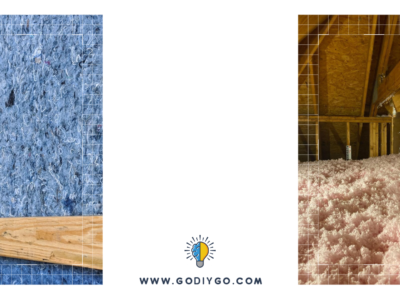Now, you might be wondering what to choose: Asphalt or Concrete?
Asphalt or concrete is typically used to finish driveways in both business and residential settings. Both are economically advantageous, but asphalt offers more advantages.
Asphalt is a durable material used to pave public roads because it is attractive and robust. Asphalt is your best option if you’re creating a new property driveway or simply considering paving over the current one.
Discover some advantages of choosing an asphalt driveway paving company and how they may enhance your property by reading on.
1. Flexibility
Asphalts’ added flexibility for driveways is one of its main advantages. Driveways carry heavy loads, and because concrete is so rigid, it may begin to break over time. As we’ll explore later, these cracks can deteriorate during the winter and provide a trip and fall risk.
Asphalt has some elasticity, unlike concrete, which enables it to give way when necessary. It can assist keep your driveway in better condition for a longer period and prevent cracks. However, it’s crucial to remember that practically any paved driveway surface is prone to develop microscopic cracks over time, so your asphalt might also do so.
2. Increase Aesthetic Appeal
The house’s driveway enhances the house’s appearance. However, if the same road is poorly maintained, it will affect your home’s curb appeal. Thanks to significant technological improvement, everything can be made easier. Surfacing your asphalt may not seem thrilling, but it will increase the value of your home.
3. Lower Maintenance Costs
If the lineal cracks in your asphalt driveway do appear, they are simple and affordable to fix. Even if you have no prior paving experience, the crack sealing solutions you require are readily available through home improvement merchants, affordable, and simple to use on your own.
The longevity of your asphalt paving in Philadelphia can be increased to 20 years or more with regular preventative care, such as crack filling, seal coating, sweeping, and general upkeep. Because concrete cannot be heated and fixed as easily as asphalt pavement, it requires additional maintenance.
4. Weatherproof
Installations of asphalt driveways can withstand any weather condition, from high heat to frost and snow, making them less susceptible to inclement weather. Concrete may be vulnerable to cracking, degradation, and severe changes in temperature or weather throughout the winter. Due to its black color and insulating qualities, asphalt is less susceptible to changing weather conditions. It can absorb heat in the summer and even melt snow more quickly in the winter.
5. Performance
It could come as a surprise to you to find that asphalt performs better than concrete in various situations. Because it is smooth and resistant to cracking, asphalt is a good surface for walking or driving on. But if it’s built properly, it can also make your house safer.
Asphalt can quickly transport water off of its surface when placed appropriately. As a result, unlike concrete roads, there won’t be standing water after every rainstorm. Additionally, it can prevent the surface from deteriorating and perhaps even assist in directing water away from your house and garage.
Conclusion
The most crucial component of your property is the driveway, so keep that in mind. A terrific option for your new driveway is asphalt.
















